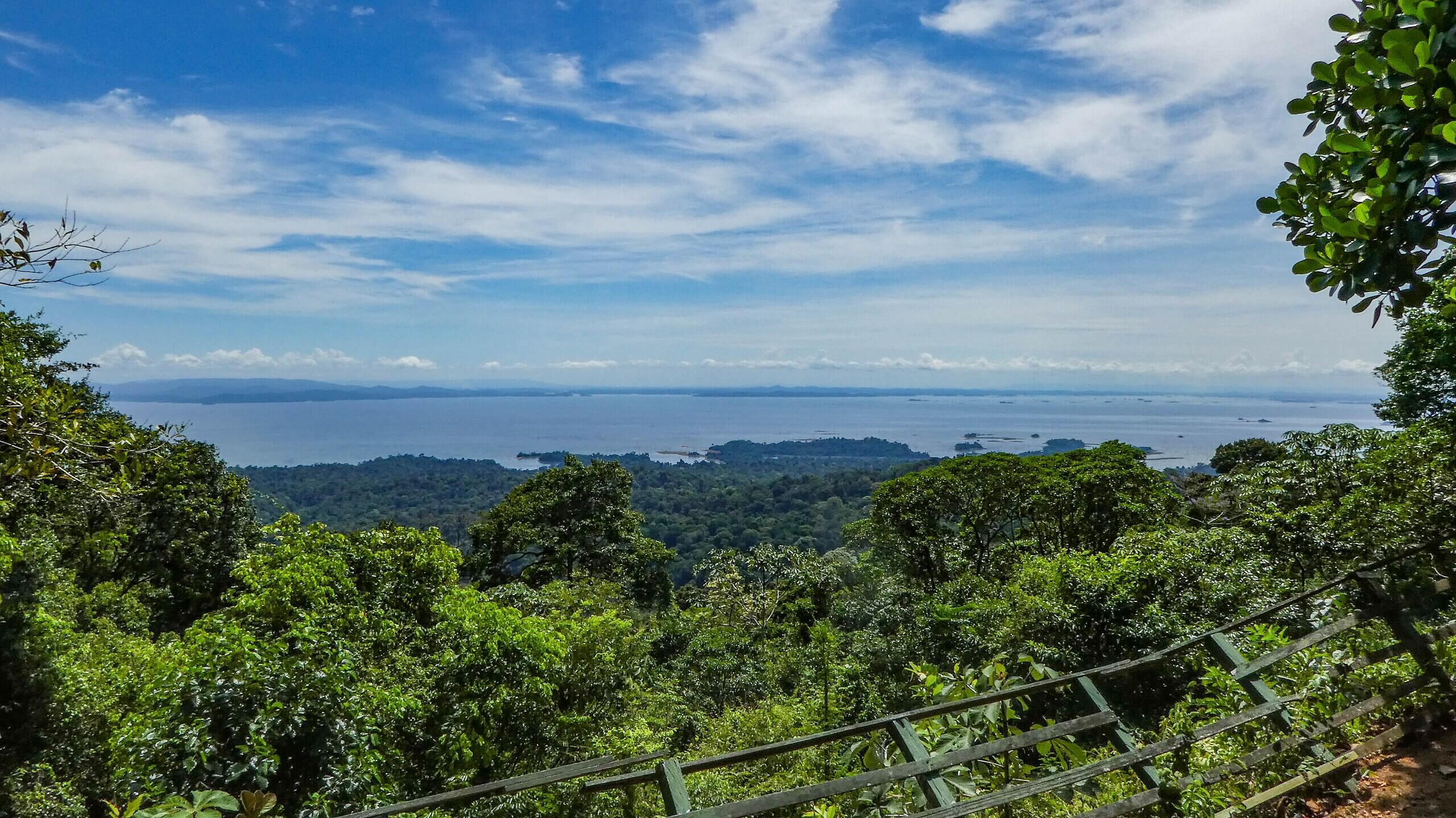Mining and Indigenous Rights: The Case of Chinalco in Suriname
Photo: Wikimedia Commons.
The Chinese state-owned company Chinalco could begin operations at a bauxite mine in Suriname by 2026, impacting 280,000 hectares of land inhabited by Indigenous communities. The project involves refurbishing port and railway infrastructure built in the 1970s and grants the company priority rights over the Corantijn River for dredging. Indigenous groups claim they were not properly consulted and criticize the government’s classification of their territories as public domain.
The project, expected to produce around 6 million tons of bauxite annually, has raised concerns among activists and Indigenous leaders over its environmental, social, and land rights impacts. Although the Surinamese government owns 13% equity in the company and anticipates significant revenue, organizations like the Association of Indigenous Village Leaders (VIDS) argue that the process violated the principle of free, prior, and informed consent, contravening international standards.
The memorandum of understanding between Chinalco and the government was signed before formally informing local communities, exacerbating tensions. Suriname does not formally recognize Indigenous ancestral land rights, despite a 2007 Inter-American Court of Human Rights ruling mandating their granting. VIDS has called for open dialogue and may seek an injunction to halt the project if parliament approves it.
Main Source:
Plans for bauxite mine in Suriname reignite Indigenous land rights debate – Mongabay
Related News:
China Strengthens Its Grip on Critical Minerals in Latin America: Global Implications
You may be interested in:
Producción de oro y bauxita impulsan la economía de Surinam – MICE-Latam TV
Chinalco could invest $426 million in Suriname bauxite project – Mining.com
China’s Chinalco could invest $426 million in Suriname bauxite project – Reuters

